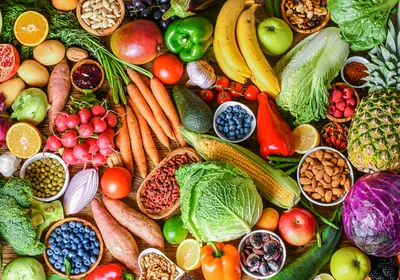ABOVE: © ISTOCK.COM, KYOSHINO
Dark chocolate is often touted as a heart-healthy and relatively nutritious snack, yet most chocolate sweets are made using milk chocolate, a version that is higher in fat, sugar, and calories. Recent studies have found that giving rats milk chocolate when they wake keeps their circadian rhythms from being disrupted during simulated jet lag, adding to a long line of evidence showing that when we eat can have as much bearing on our health as what goes into our bellies.
To better understand how the timing of milk chocolate consumption affects human health, the authors of a new study, published June 24 in The FASEB Journal, recruited 19 postmenopausal women, who each underwent a series of two-week experimental sessions in a randomly assigned order, with one-week breaks in between. The sessions included one in which they ate no chocolate, one where they ate 100 grams of ...




















